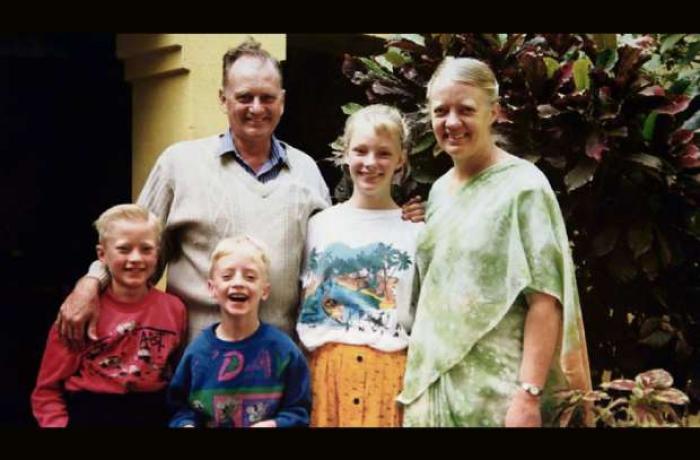Indian government puts NGOs under electronic control ‘to avoid forced conversions’
NGOs will need an Aadhaar card to conduct financial transactions with abroad. To justify the bill, its proponents cite “forced conversions” by missionary Graham Staines, who was murdered with his two sons by Hindu radicals in 1999. Data by the Supreme Court show instead that conversions are incidental. For Sajan George, “citing the horrific murder of Staines and his children is a new low in humanity’s conscience.”
New Delhi (AsiaNews) – The Lower House of the Indian parliament, the Lok Sabha, yesterday passed the Foreign Contribution (Regulation) Amendment (FCRA) bill 2020 that imposes additional controls on NGOs’ finances.
Under the legislation, NGOs must use an Aadhaar card, a biometric electronic document, in order to conduct financial transactions with foreign sources.
The decision to impose the card stems from the belief that “forced conversions” have been taking place in India in the past 50 years.
The case of Anglican missionary Graham Staines, killed with his two sons in a fire started by Hindu radicals on 22 January 1999 (family picture), came up during the discussions in the house.
During the debate, members of the ruling Bharatiya Janata Party (BJP), a Hindu nationalist party, expressed concerns about forced conversions and the role played by Christian missionaries.
“We know what happened in the Northeast, how things have changed in the last 50 years, and how a particular religion has become prominent,” said BJP leader SP Singh.
To explain why it is necessary to have the amendment that makes the Aadhaar card mandatory, Singh cited government and public security reports claiming that uprisings in the Northeast correlate with rising foreign donations.
“There was uproar over Graham Staines. What happened to him and his two children was wrong. But the Central Bureau of Investigation, the Odisha Crime Branch and the Justice DP Wadhwa Commission probe concluded that the Tribals were being converted there.”
For the lawmaker, Graham Staines’ evangelising mission led people to oppose him.
Sajan K George, president of the Global Council of Indian Christians (GCIC), is “horrified” and “deeply shocked” by Singh’s words.
Speaking to AsiaNews, he said that the murder of Graham Staines “has hurt the conscience of the whole world and today a member of the BJP in parliament says this was caused by the conversions.” Such a claim is aimed “justifying the amendment to the FCRA.”
Citing the report published in June 1999 by the commission led by Supreme Court Justice D.P. Wadhwa that investigated the multiple murders, the GCIC president notes that between 1991 and 1998 there was no significant increase in the Christian population in Keonjhar district that could be attributed to conversions.
In seven years, the number of Christians rose by only 595. It may be reasonable to think that this was the result of natural population growth alone rather than conversions.
The Supreme Court ruled that “the Manoharpur massacre speaks loudly that humanity not yet fully civilised”. For George, “Today, to defend the amendments to the FCRA, citing the horrific murder of Staines and his children is a new low in humanity’s conscience.”






